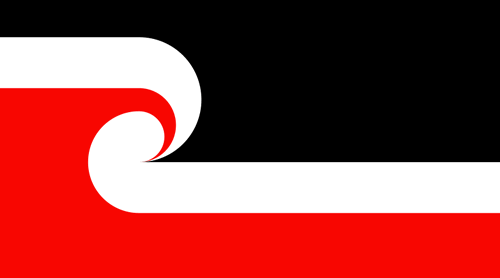Today we did world war 1
Why did New Zealand fight in there war?
New Zealand decided to send soldiers to fight in the war for a number of reasons, including New Zealand's strong ties to Britain and its concern with keeping trade routes open so it could continue to export to Britain. Within a month New Zealand troops had occupied Western Samoa, which was a German territory.
And, most of the time, they are the result of disputes over resources and land, or of a government's desire to increase its influence and power. However, looking back over the history of warfare, what is most striking is how willing most people have been to fight in wars, or at least to support them.
What qualities did ANZAC soldiers display?
It's because they displayed characteristics that are still admired today in modern society. It's because it was the first time our young nation had fought overseas and shared blood in such huge numbers.
What challenges did they face during the war?
Many then believed that the conflict was likely to soon escalate into a full-scale war between the three countries, the US, the USSR, and China. CBS war correspondent Bill Downs wrote in 1951 that, "To my mind, the answer is: Yes, Korea is the beginning of World War III.
Germany had formally surrendered on November 11, 1918, and all nations had agreed to stop fighting while the terms of peace were negotiated. On June 28, 1919, Germany and the Allied Nations (including Britain, France, Italy and Russia) signed the Treaty of Versailles, formally ending the war.
What did the soldiers struggle with after the war?
The problems facing today's returning veterans are well known: unemployment, homelessness, post traumatic stress disorder (PTSD) and difficulty getting benefits. But those challenges were hidden for the Greatest Generation, the generation that fought World War II.
What international event caused the 1930s depression?
The stock market crash of 1929 touched off a chain of events that plunged the United States into its longest, deepest economic crisis of its history.
What sport and activities were enjoyed following the depression?
People found unique and inexpensive ways to entertain themselves during the Great Depression. They listened to a variety of radio shows or took in a cheap movie.
